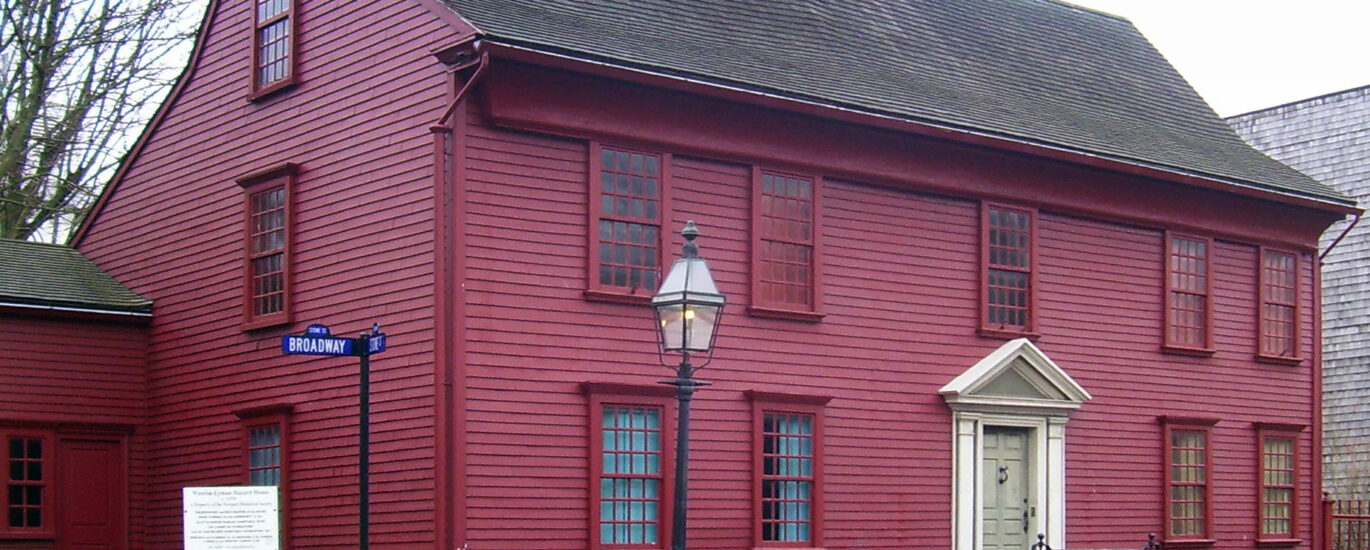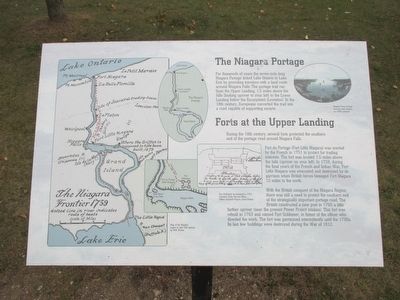Welcome to the Wanton-Lyman-Hazard House, a cornerstone of Newport’s rich and complex history. As one of the oldest surviving structures in Rhode Island, this house offers a vivid glimpse into the past, telling stories that span from its construction in 1697 to its modern-day significance as a center for Black history.
Built for Stephen Mumford, a merchant and prominent member of Newport’s Seventh Day Baptist congregation, the house initially served as a simple two-story home. Over time, it became the residence of many influential figures, including Richard Ward, a lawyer who later became the governor of the colony of Rhode Island.
The house’s narrative is interwoven with pivotal events in American history. In 1765, during the turbulent times of the Stamp Act, the house was owned by Martin Howard Jr., a Tory lawyer. Howard’s support for the British Crown made him the target of local dissent, culminating in a riot that partially damaged the property. Howard fled to England, leaving the house to be auctioned to John Wanton, a Quaker merchant.
In the years following, the house passed through the hands of the Lyman and Hazard families, each contributing to its architectural and historical tapestry. Notably, Daniel Lyman, a Revolutionary War officer, added a rear wing to accommodate his growing family.
The Wanton-Lyman-Hazard House is now a monument to Newport’s diverse history, reflecting the city’s colonial past and its role in the transatlantic slave trade. In 2005, a nkisi bundle was discovered beneath the attic floorboards, a poignant reminder of the enslaved Africans who lived there. This artifact has provided insight into the spiritual lives of those who endured slavery in New England.
Today, the Newport Historical Society is transforming the house into a center for Black history, aiming to open in 2026. With exhibitions and programs dedicated to elevating the stories of enslaved and freed Africans, the house will serve as a hub for education and community engagement, ensuring that the narratives of all Newporters are heard and valued.



